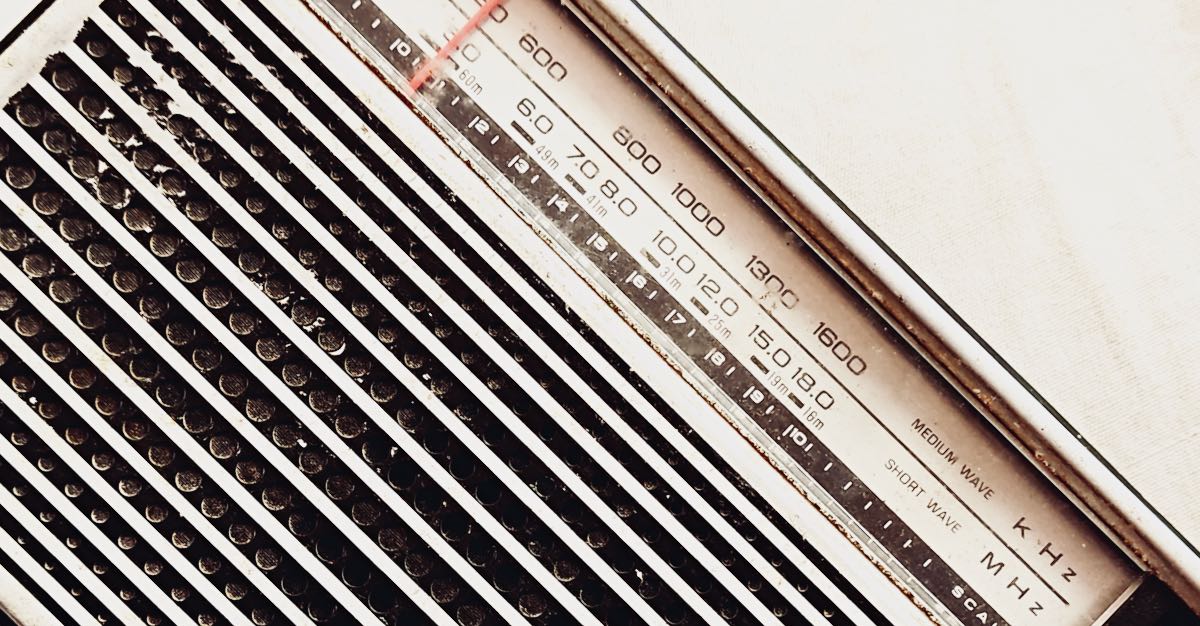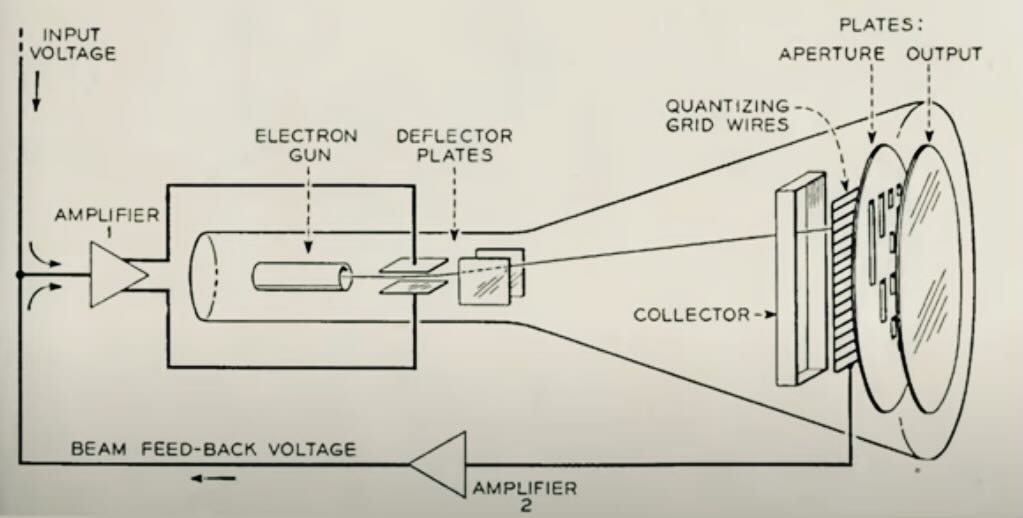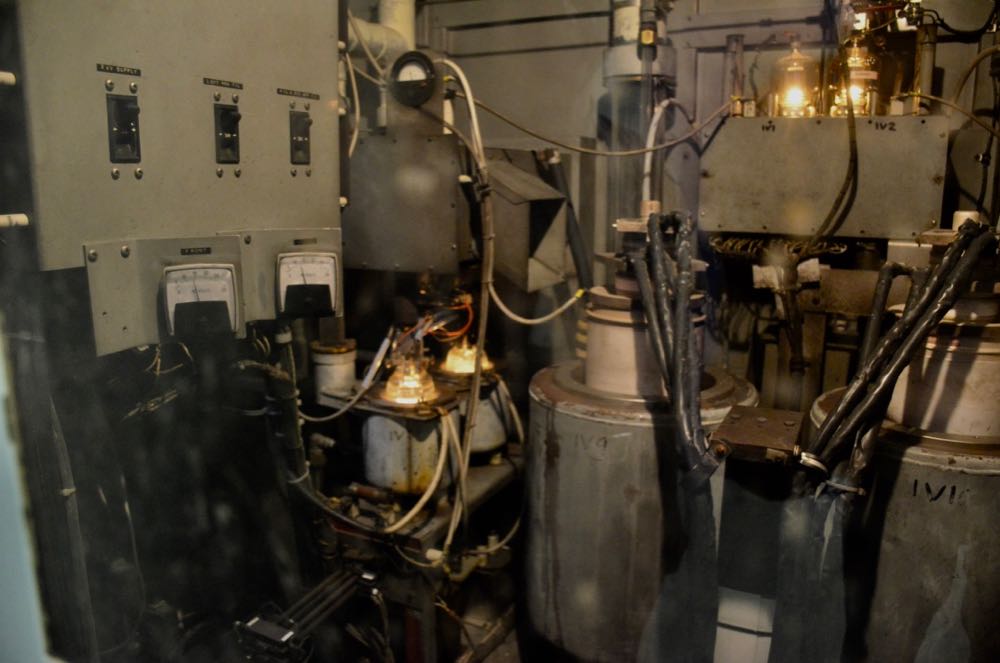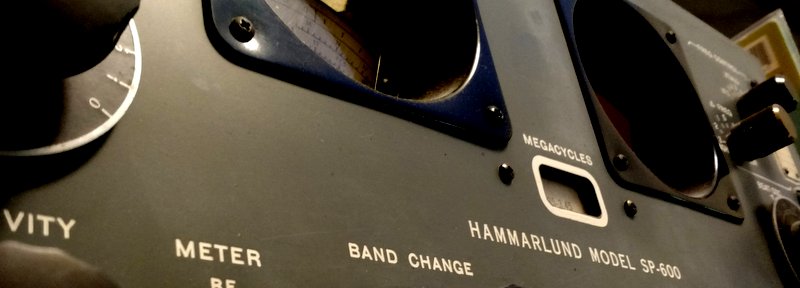Radio Waves: Stories Making Waves in the World of Radio
Welcome to the SWLing Post’s Radio Waves, a collection of links to interesting stories making waves in the world of radio. Enjoy!
Many thanks to SWLing Post contributors Ulis Fleming, Dennis Dura, and Tracy Wood for the following tips:
One Man’s Quest to Revive the Great American Vacuum Tube (Wired)
The prized retro audio components are mostly manufactured in Russia and China. Now, a small Georgia company is rebooting US production.
ROSSVILLE, GEORGIA, ON the border with Tennessee, doesn’t look like a tech town. It’s the kind of place where homey restaurants promising succulent fried chicken and sweet tea are tucked among shuttered businesses and prosperous liquor stores. The cost of living is moderate, crime is high, politics are red, and the population has withered to 3,980.
But in the view of entrepreneur Charles Whitener, Rossville is the perfect place to stage a revival in US technology and manufacturing—albeit with a device that was cutting edge when the Ford Model A ruled the roads.
Whitener owns Western Electric, the last US manufacturer of vacuum tubes, those glass and metal bulbs that controlled current in electric circuits before the advent of the transistor made them largely obsolete. Tubes are still prized for high-end hi-fi equipment and by music gear companies such as Fender for their distinctive sound. But most of the world’s supply comes from manufacturers in Russia and China, which after the transistor era began in earnest in the 1960s helped sunset the US vacuum tube industry by driving down prices.
Whitener, a 69-year-old self-described inventor, vintage hi-fi collector, and Led Zeppelin fanatic, bought and revived AT&T’s shuttered vacuum tube business in 1995. The business has ticked along in the era of cheap overseas tubes primarily by serving the small market for vacuum tubes in premium hi-fi equipment with a model called the 300B, originally designed in 1938 to enable transoceanic phone calls. [Continue reading…]
KMJ | 100 Years in the Valley (Valley PBS on YouTube)
100 years is an incredible milestone for any business or organization! In this Valley PBS Original Documentary, we take you back in time as we explore the origins of KMJ as a conservative talk radio station as well as the long-lasting legacy and impact of their century-long run on the air and in the hearts & minds of their listeners.
Click here to view on YouTube.
2023 Edition of The Domestic Broadcasting Survey
Many thanks to SWLing Post contributor, Dennis Dura, who notes that the 2023 Edition of The Domestic Broadcasting Surve is available for download at:
Many rely on radio broadcasts in Zimbabwe and across Africa (Northwest Arkansas Democrat Gazette via AP)
Many still rely on radio broadcasts for news, entertainment across continent
HARARE, Zimbabwe — Just the size of his hand, the radio set hung in the busy marketplace stall is essential to Mark Nyabanda.
“I can’t do without it,” said the 25-year old, taking a break from selling fertilizer in Mbare market in the capital, Harare, to listen to a radio weather report warning of possible floods.
Radio bulletins also provide him with information on disease outbreaks, political news and entertainment, he said.
“I don’t trust these new technologies,” he said, referring to social media. “They are full of falsehoods. We saw it during the coronavirus outbreak.”
In many Western countries, conventional radio has been overtaken by streaming, podcasts and on-demand content accessed via smartphones and computers.
But in many of Africa’s 54 countries, with a combined population of 1.3 billion people, traditional radio sets are widely used, highlighting the digital divide between rich countries and those still struggling to have reliable internet.
Radio sets are all over the place in Zimbabwe. Rural livestock herders dangle them from their necks while tending animals while those in the cities listen to their radio sets for news. [Continue reading…]
Do you enjoy the SWLing Post?
Please consider supporting us via Patreon or our Coffee Fund!
Your support makes articles like this one possible. Thank you!






